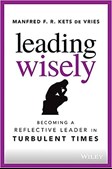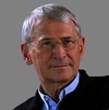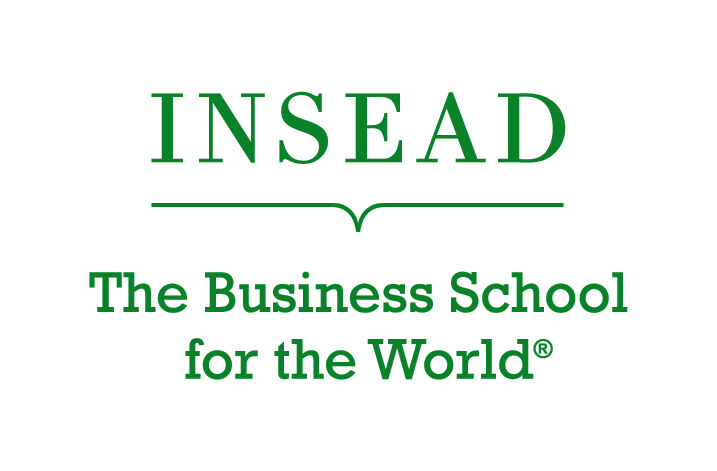- Leadership
Leading Wisely in Turbulent Times
Leadership guru Kets de Vries lauds reflection and self-knowledge as the royal road to wisdom—the quality leaders need above all others
“It is because I was foolish then that I am now wise.” Frau Von Goethe
Business leaders current obsession with data, now intensified with a reliance on algorithms and artificial intelligence, may be the new foolishness. The UK’s 2020 A-levels algorithm debacle, and Google’s Flu Trends fiasco (abandoned in 2015) are just two examples of why algorithms are no substitute for critical human thinking, reflection and wisdom.

The current business mantra seems to be: amass more and more data and all will be clear. In his new book, Leading Wisely: Becoming an Effective Leader in Turbulent Times, INSEAD’s Distinguished Professor Manfred F. R. Kets de Vries observes that, while many of us live with the illusion that acquiring more knowledge is a panacea, “very little thought is given to the greater accumulation of wisdom—how to make wiser decisions.” Accepting that it is hard to define, he shows how wisdom, which comes from within, is the essential catalyst for the effective use of knowledge—that knowledge alone is a “sterile proposition.”
Over emphasis on data—sifting through the past to predict the future (a crucial mistake made prior to the Covid pandemic)—is just one problem. Kets de Vries reminds us of another, quoting Bertrand Russell: “Fools and fanatics are always so certain of themselves, and wiser people so full of doubts.” In a world threatened by wars, pandemics, and climate change, not to mention the many missteps of political leaders, we have a dire need for wise leadership at all levels—business leadership very much included.

The author uses perceptive stories and quotations from a wide range of spiritual and cultural traditions—from Aesop to Zen—to help define wisdom and illustrate the royal road he describes for achieving wisdom. A leadership expert, psychoanalyst and executive coach, he sees wisdom as a universal need, but focuses here on wisdom as it equates with a leadership style that is imbued with depth and discernment. One that prioritizes humility, judgment, empathy, compassion, and a degree of ‘night vision’—the ability “to see what is not so obvious and not be fooled by superficialities.”
While knowledge comes from learning (and now ‘machine learning’!), wisdom comes from experience and reflection. The pursuit of wisdom will be a lifelong journey and, as with any lengthy journey, there will be pitfalls to be avoided. First amongst these is the human tendency to negativity—to anger, envy and greed, holding grudges, cowardice, passing the blame, etc. To deal with these barriers to wisdom the author extols the value of the Golden Rule: treating others as you would want to be treated yourself. Here he notes the importance of really listening and hearing what colleagues are saying while retaining an independent view.
The book is not a recipe for being a contemplative aesthete, rather it is about wisdom driving decisive leadership action. For wisdom to connect to right action, Kets de Vries emphasizes courage, quoting Baltasar Gracián: “without courage, wisdom bears no fruit.” The potential for courage—to stand up for our beliefs, to be accountable, to face challenges with enthusiasm, to pick our battles intentionally, to persevere—is a human attribute available to all.
Which comes first wisdom or courage is debatable—"Wisdom is courage,” said Sophocles. Either way this wise book, which concludes by showing how leading wisely can bring happiness and fulfillment, provides an admirably concise, rich and insightful guide, of value to all current and would-be leaders. Kets de Vries, author of many previous books, says this one has “been in the works for a very long time”—it was worth the wait.
…………………………………………………………………………………………………………….
As one of the world’s leading and largest graduate business schools, INSEAD brings together people, cultures and ideas from around the world to change lives and to transform organisations.
ARTICLES YOU MIGHT LIKE
RESEARCH
Why organizational resilience requires adaptive leadership particularly in times of crisis
DEVELOPING LEADERS QUARTERLY MAGAZINE AND WEEKLY BRIEFING EMAILS


































